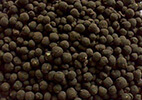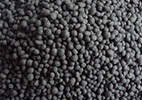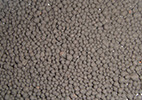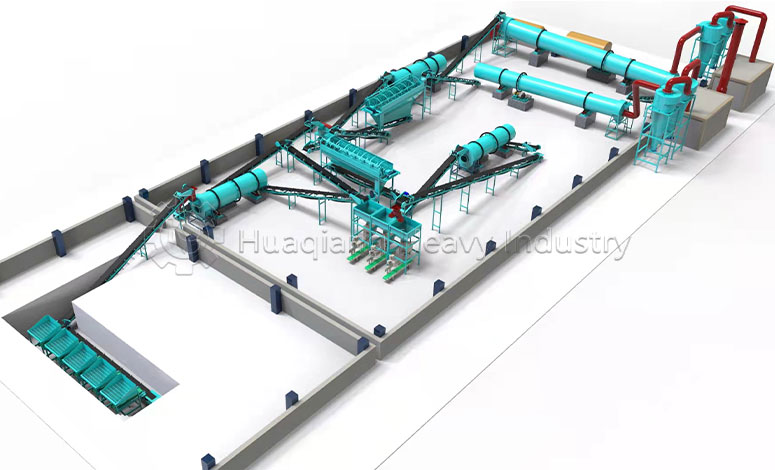The Global Importance and Future Trends of Organic Fertilizer production line
Organic fertilizer and organic fertilizer production lines play a pivotal role in global agricultural sustainability. By recycling agricultural waste and livestock manure, organic fertilizer effectively reduces environmental pollution while improving soil structure, increasing organic matter and microbial activity. Modern organic fertilizer production lines ensure consistent product quality through standardized processes and enable large-scale production to meet global food demand. In addressing climate change, the use of organic fertilizer significantly reduces agricultural greenhouse gas emissions and promotes carbon sequestration, serving as a crucial approach for developing green agriculture and achieving carbon neutrality goals.
The Global Significance of Organic Fertilizers
Globally, organic fertilizers are increasingly becoming a core component of sustainable agriculture. With population growth and rising food demand, the overuse of traditional chemical fertilizers has led to serious problems such as soil degradation, water pollution, and loss of biodiversity. Organic fertilizers not only improve soil structure and water retention but also promote soil microbial activity, providing comprehensive nutrition for crops [1].
Data from the Food and Agriculture Organization (FAO) of the United Nations shows that approximately 33% of the world’s soils are moderately to severely degraded [2]. The use of organic fertilizers can effectively reverse this trend and restore soil health. Additionally, the utilization of agricultural waste and livestock manure in organic fertilizer production significantly reduces greenhouse gas emissions, contributing to climate change mitigation.
Our company is committed to providing customers with efficient, environmentally friendly, and intelligent organic fertilizer production line solutions to help global agricultural producers achieve sustainable development goals.
Future Trends in Organic Fertilizers
In the coming years, the organic fertilizer industry will exhibit the following key development trends:
- Technological Innovation:The application of biotechnology, nanotechnology, and intelligent monitoring systems will improve the efficiency and precision of organic fertilizers
- Policy Support:Governments will introduce more incentive policies to encourage the use of organic fertilizers and organic agriculture
- Market Demand Growth:Increasing consumer demand for organic food will drive the expansion of the organic fertilizer market
- Circular Economy Integration:Organic fertilizer production will become more closely integrated with urban organic waste treatment
Production Capacity Classification of Organic Fertilizer Lines
Based on production scale and target markets, organic fertilizer production lines can typically be classified into the following categories:
- Small-scale Production Lines:Annual output of 10,000-30,000 tons, suitable for farms or small businesses
- Medium-scale Production Lines:Annual output of 30,000-100,000 tons, suitable for regional market supply
- Large-scale Production Lines:Annual output exceeding 100,000 tons, targeting national or international markets
- Customized Production Lines:Designed according to specific customer needs, with flexible adjustment of output and processes
The future of organic fertilizer and organic fertilizer production lines will evolve towards intelligent, efficient, and multifunctional development. With the application of IoT and AI technologies, production lines will achieve fully automated control and precision manufacturing, significantly improving production efficiency and product quality consistency. Novel biotechnologies will drive the development of functional organic fertilizers, such as bio-organic fertilizers containing specific microbial communities. Meanwhile, organic fertilizer production will place greater emphasis on resource recycling, integrating agricultural waste, food waste and other organic materials to establish a circular economy model of “waste-organic fertilizer-agricultural production”. In the context of carbon neutrality, production processes with lower carbon footprints will become industry standards, promoting global green agriculture development.
Our company provides comprehensive services from design and installation to training, ensuring customers receive the most suitable organic fertilizer production solutions for their business needs.



